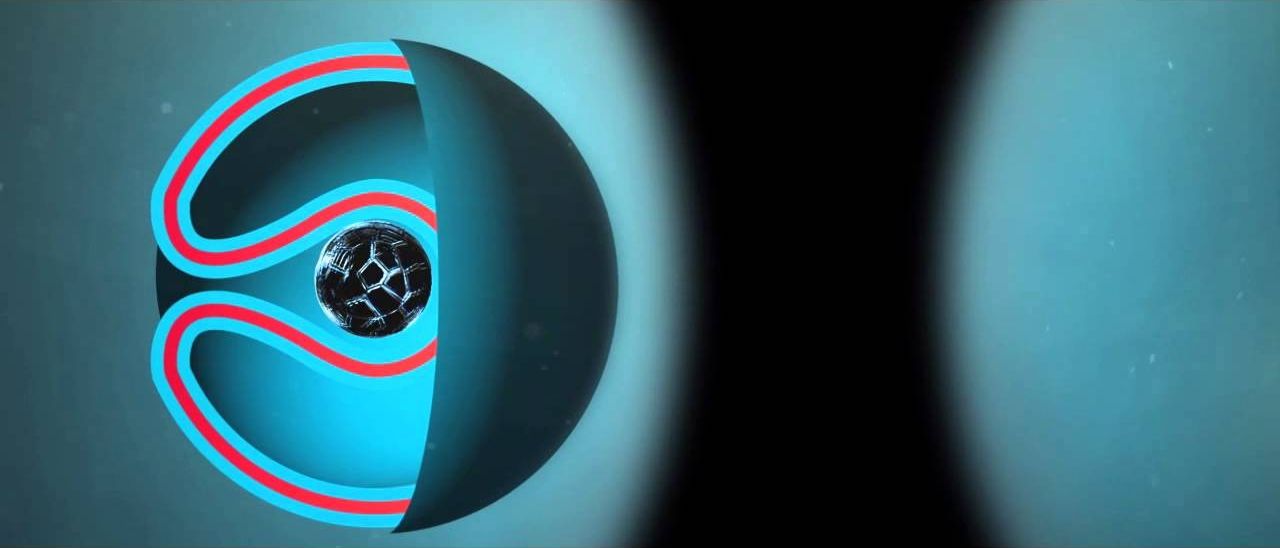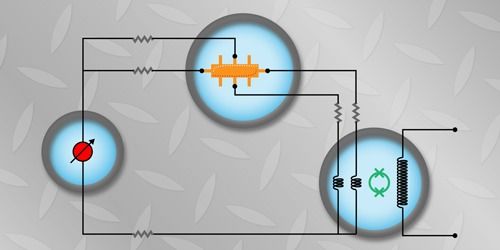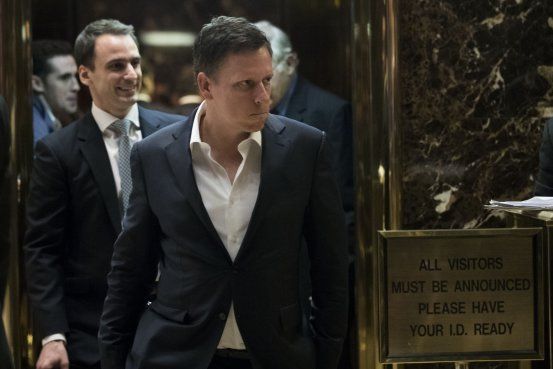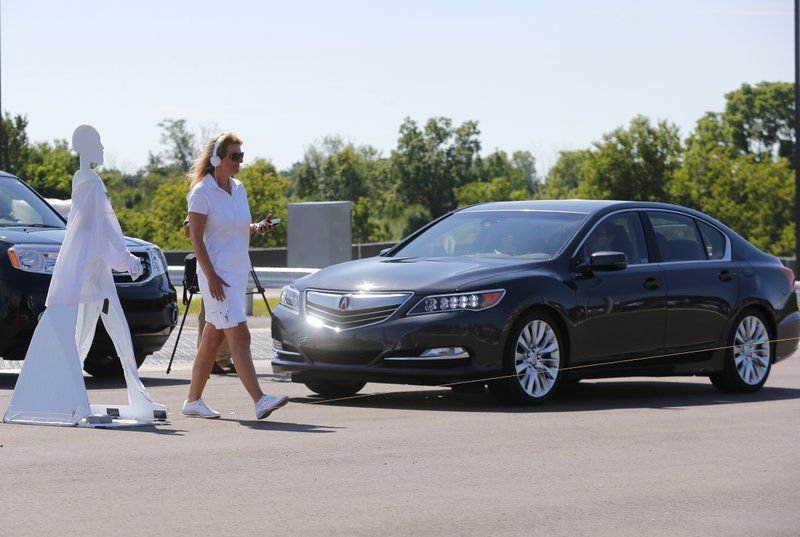Page 10630
Improving Precision with Quantum — A new Precise Quantum Current Source developed to ensure calibrated currents meet the new redefined International System of Units.
A precision quantum current source has been designed to calibrate currents in terms of the soon-to-be-redefined International System of Units.
Metrologists are conservative by nature, knowing that the premature adoption of a new measurement standard could lead to confusion in both science and commerce. So it is a big deal that the International System of Units (SI) is poised to undergo its first major overhaul since its birth in 1960. Two years from now at the General Conference on Weights and Measures in Paris, officials will adopt a new SI in which every unit can be obtained from fixed values of several fundamental constants [1]. All eyes are on the kilogram, which will no longer be defined by the mass of a cylinder of platinum-iridium alloy that has been kept in a Parisian vault since it was fabricated in 1889. Somewhat overlooked, however, are advances in standards for electrical resistance and voltage, without which the new SI would not be possible.
Dec 13, 2016
Two electrons go on a quantum walk and end up in a qudit: Russian scientists find a way to reliably connect quantum elements
Posted by Karen Hurst in categories: biotech/medical, computing, nanotechnology, particle physics, quantum physics, solar power, sustainability
This is a BIG DEAL in QC, and Russian Scientists solved it.
Abstract: Scientists from the Institute of Physics and Technology of the Russian Academy of Sciences and MIPT have let two electrons loose in a system of quantum dots to create a quantum computer memory cell of a higher dimension than a qubit (a quantum bit). In their study published in Scientific Reports, the researchers demonstrate for the first time how quantum walks of several electrons can help to implement quantum computation.
“By studying the system with two electrons, we solved the problems faced in the general case of two identical interacting particles. This paves the way toward compact high-level quantum structures,” comments Leonid Fedichkin, Expert at the Russian Academy of Sciences, Vice-Director for Science at NIX (a Russian computer company), and Associate Professor at MIPT’s Department of Theoretical Physics.
Dec 13, 2016
Investor Peter Thiel Is Helping Mold Tech’s Ties to Donald Trump
Posted by Dan Kummer in category: life extension
Not posting for any political reasons. Only to show that this guy who is firmly behind Anti Aging tech will be a close adviser to the next President.
Peter Thiel, the billionaire venture capitalist and conservative libertarian, has long been a misfit in Silicon Valley.
Now as one of the tech industry’s main bridges to President-elect Donald Trump’s incoming administration, Mr. Thiel is playing a central role in helping shape the relationship with a president most tech titans didn’t want.
Continue reading “Investor Peter Thiel Is Helping Mold Tech’s Ties to Donald Trump” »
Dec 13, 2016
Genetic Editing Could Cause the Next Cold War
Posted by Zoltan Istvan in categories: genetics, government, transhumanism
My new article on the future geopolitical challenges of genetic editing: http://motherboard.vice.com/read/genetic-editing-could-cause-the-next-cold-war #transhumanism
If China pursues human genetic enhancement and the US retreats under a conservative government, it could create a divide between the modified and the not, sewing the seeds of global conflict.
Dec 13, 2016
The first-in-man clinical trial targeting Alzheimer’s Tau protein
Posted by Steve Hill in categories: biotech/medical, life extension, neuroscience
Progress with Alzheimers and this time approaching it from the direction of Tau as a target rather than Beta Amyloid. This therapy has been tested in people and whilst it is only the first step hopefully this will lead to an effective treatment for this horrific diseases and and end to the suffering it brings.
Progress towards immunotherapies that can clear tau for Alzheimers here. Most therapies are focused on misfolded amyloid-β proteins but this particular approach targets Tau and the first in human test has proceeded!
“The authors of the study have developed a vaccine that stimulates the production of an antibody that specifically targets pathological tau, discovering its “Achilles’ heel”. It is able to do this because healthy tau undergoes a series of changes to its structure forming a new region that the antibody attacks. This new region (the “Achilles’ heel”), while not present in healthy tau, is present in diseased tau early on. Therefore, the antibody tackles all the different varieties of pathological tau. In addition to this important specificity, the antibody is coupled to a carrier molecule that generates a considerable immune response with the added benefit that it is not present in humans, thus avoiding the development of an immune reaction towards the body itself.”
#aging #crowdfundthecure
Dec 13, 2016
Physicists Just Confirmed Evidence of A Possible Fifth Fundamental Force
Posted by Andreas Matt in categories: cosmology, particle physics
In Brief A deeper look into studies that were previously conducted by Hungarian physicists has recently uncovered evidence of a fifth fundamental force of nature. If confirmed, it could stand as an explanation for dark matter.
To date, there are four conventionally known fundamental forces that hold the universe together—gravity, electromagnetism, and the strong and weak nuclear forces. But a closer look at previous studies conducted by Hungarian physicists, which hinted at a new force, has led a team of scientists to evidence that the anomaly in the data could actually be a fifth force of nature.
It should be noted that the groundbreaking claim is still a very long way from being confirmed, but the current data available is enough to push research into what this new force-carrying particle is (or may be).
Continue reading “Physicists Just Confirmed Evidence of A Possible Fifth Fundamental Force” »
Dec 13, 2016
Gov’t to require cars be able to talk to each other
Posted by Dan Kummer in category: robotics/AI
WASHINGTON (AP) — All new cars and light trucks would be able to talk wirelessly with each other, with traffic lights and with other roadway infrastructure under a rule the Transportation Department proposed Tuesday. Officials say the technology holds the potential to dramatically reduce traffic deaths and transform driving.
Vehicle-to-vehicle communications, or V2V, enables cars to transmit their locations, speed, direction and other information ten times per second. That lets cars detect, for example, when another vehicle is about to run a red light, is braking hard, changing lanes or coming around a blind turn in time for a driver or automated safety systems to prevent a crash.
The technology has the potential to prevent or mitigate the severity of up to 80 percent of collisions that don’t involve alcohol or drugs, officials said.
Dec 13, 2016
Nanorockets now available with brakes and a steering wheel
Posted by Shane Hinshaw in category: biotech/medical

https://youtube.com/watch?v=IaPyQpC6ZOk
Tiny machines like nanorockets are ideal candidates for drug delivery in the human body. Chemists at Radboud University now demonstrate the first complete movement regulation of a nanorocket, by providing temperature responsive brakes. An interesting feature for practical applications, since temperature sensitivity enables the rocket to stop in diseased tissues where temperatures are higher. Nature Chemistry publishes their results on December 12.
The soft nanosystems that the bio-organic chemists at Radboud University work with self assemble, which means that they spontaneously form functional units. This allows the nanorockets to change shape, making them ideal candidates for containing cargo like medicine. ‘Our biggest challenge is to provide our nanorockets with various functionalities’, says Daniela Wilson, head of Radboud University’s Bio-organic chemistry department and Nanomedicine theme leader ‘We now demonstrate the first molecularly built brake system, enabling the rockets to start and stop at desired locations.’
Dec 13, 2016
Move over Artificial Intelligence, ‘cognitive technology’ is the future
Posted by Carse Peel in categories: futurism, robotics/AI
In dizzying pace of advancement, cognitive tech to make our lives more intelligent by providing solutions in our daily lives.
















